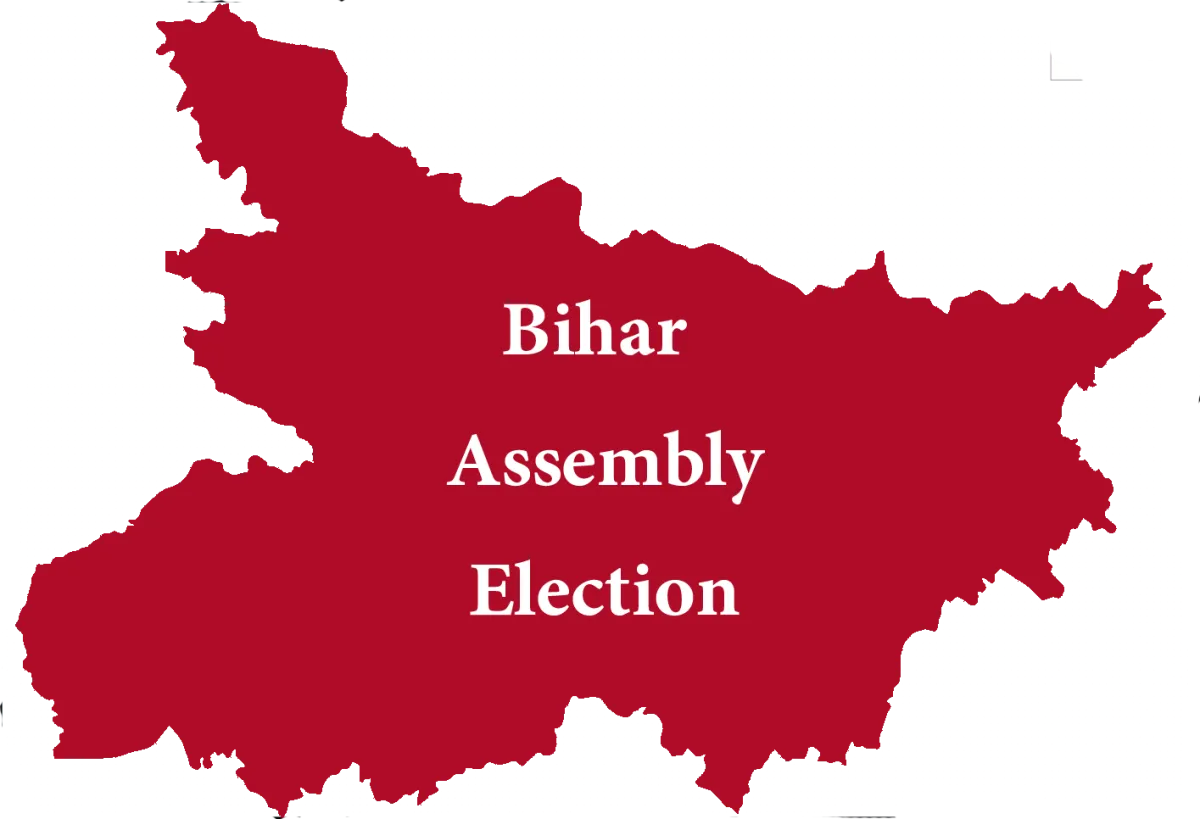Breaking alliances and converging issues
Bihar is preparing for the upcoming assembly elections scheduled to be held in three phases. First phase will take 71 seats for polling. In the second phase, 94 seats. In the third, 78 seats. The voting will take place on 28th October, 3rd November, and 7th November respectively. Votes will be counted on 10th November.
However, owing to the Covid-19 pandemic, Bihar assembly elections become a complex deal for the Election Commission. “Over 7 lakh hand sanitizer units, about 46 lakh masks, 6 lakh PPE kits, 6.7 lakh units of face shields, 23 lakh pairs of hand gloves arranged” CEC Sunil Arora has announced.
District election officers have been ordered to identify grounds for physical campaigning. They will also ensure that circles are marked on the ground to ensure social distancing. Also, another complex issue was how will Covid-19 positive voters go to the polls?
“Covid-19 positive persons under home/institutional quarantine can cast vote at the last hour of the poll day, besides the option of the postal ballot” said Sunil Arora. Other than the logistical complexities of holding the elections that the election commission faces, there are political complexities that political parties face.
Problems in alliances
To start with the NDA alliance, “growing antipathy” was witnessed between the JDU and LJP. ChiragPaswan and Ram Vilas Paswan had been attacking the Bihar state government since the outbreak of the Covid-19 pandemic. Recently, ChiragPaswan also revealed that there has been no communication between him and the Chief Minister of Bihar in the last one year.
Chirag, president of the LJP, has complained that the present state government does not constitute any minister from his party despite the alliance. He also clarified that his party ties with the BJP remain strong.
What needs to be noted is that the LJP has a firm hold over Dusadhs, the Dalit community in Bihar. Therefore, the BJP would want to keep LJP on its side. The responsibility of mediating between LJP and JDU anyway falls on the shoulders of the BJP.
The grand alliance led by TejashwiYadav of RJD does not seem to be doing well either. UpendraKushwaha’s RLSP which was earlier a part of the grand alliance has started seat-sharing talks with the BJP.
What’s interesting is that Paswan’s LJP, before 2014, was allied with RJD and Congress. While Kushwaha’s RLSP had exited the NDA in December 2018 to join the RJD-led alliance to contest the 2019 LokSabha elections.
There have drifts in all political camps over seat-sharing. The Congress has given an ultimatum to the RJD over seat-sharing negotiations. Apparently, the alliance might break away if the RJD does not pay heed to Congress’s choice of constituencies.
The NDA is also facing issues over seat-sharing. Reportedly, ChiragPaswan has written to former party president of the BJP Amit Shah over the same issue. Also, BJP and JDU are also having difficulties in seat-sharing negotiations. The major problem are the 54 seats they contested against each other in the 2015 assembly elections.
Electoral issues
Against the media rumble of the Sushant Singh Rajput case, BJP is trying to make it a part of their campaign in Bihar. The party’s arts and culture wing has released masks and stickers with photographs of the late actor with the hashtag ‘JusticeForSushantSinghRajput’. An emotive slogan has also been coined: “Na bhulehai, nabhulnedenge (Neither have we forgotten, nor will we let it be forgotten”.
Over 25,000 such stickers and 30,000 masks have been reportedly distributed among the public. The BJP IT cell will soon release a video on ‘Life and Struggle’ of the late actor. The BJP campaign seems to link the SSR case to ‘Bihari pride’. Though, this campaign does not seem to have gained traction in the state.
Nitish Kumar’s government has been facing severe criticism over several issues. Its management of the Covid-19 pandemic, stand on the resulting migration of labourers, relief work in flooded areas, and unemployment.
With the recent fiasco over the Farm Acts, the criticism is likely to intensify. Leaders from the NDA camp have been trying to blame these problems on the opposition. One example can be illustrated from how Jitan Ram Manjhi put the responsibility of job scarcity on the RJD rule between 1990 and 2005.
The mix up of reverse migration, perception of mismanagement during the lockdown, unemployment, floods, and Farm Acts might put the ruling government in trouble in the coming assembly elections.





The Brief. Sign up to receive the top stories you need to know right now.